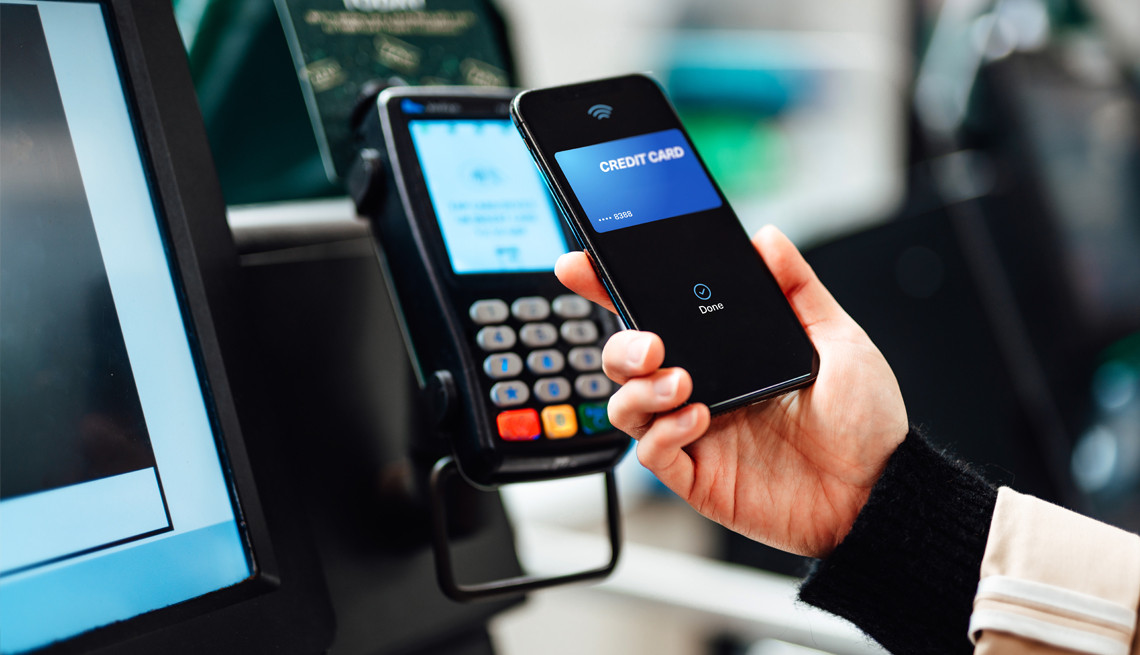Digital wallets have evolved significantly over the past decade, moving from a mobile-centric concept to a core element in the larger vision of the future economy. The Big Tech players Apple, Google, Meta (formerly Facebook), and others—are now racing to dominate this space by leveraging emerging technologies such as artificial intelligence (AI), blockchain, and the metaverse. These tech giants are not only reimagining how digital wallets function on mobile devices but are also positioning them as key instruments in shaping the financial landscape of virtual worlds. For industries like futures prop firms, which are already deeply integrated into technology and financial markets, understanding Big Tech’s strategies for digital wallet domination offers insights into how trading, payments, and investment transactions may evolve.
Digital wallets have already become mainstream, with millions of users globally relying on them for quick, secure transactions. Big Tech companies have been at the forefront of driving this shift, initially with mobile wallets. Apple Pay, Google Pay, and Facebook Pay have emerged as popular choices for consumers seeking convenience, security, and a seamless transaction experience.
The early success of mobile digital wallets can be attributed to several factors:
- Convenience: Digital wallets eliminate the need to carry physical cards, making transactions faster and more convenient. Users can simply tap their smartphones to pay for goods and services.
- Security: Digital wallets often employ advanced security features like fingerprint or facial recognition, adding an extra layer of protection against unauthorized transactions.
- Integration: Big Tech companies have integrated digital wallets seamlessly into their existing ecosystems, making them accessible through various devices and services.
For industries such as futures prop firm, which rely on secure and instant transactions, digital wallets have streamlined certain payment processes and enabled faster settlements. As the industry moves toward more automated trading, digital wallets could play a significant role in managing real-time transactions, offering better risk management and enhancing liquidity.
Big Tech companies are already looking beyond mobile payments and envisioning a future where digital wallets serve as the primary financial instruments in the metaverse—a collective virtual shared space created by the convergence of virtually enhanced physical reality and physically persistent virtual space. The metaverse is set to become a hub for social interaction, gaming, commerce, and much more, making digital wallets essential for conducting transactions within this new economy.
Meta’s Vision for the Metaverse
Meta, formerly known as Facebook, has been one of the most vocal advocates for the metaverse. CEO Mark Zuckerberg has outlined plans to build an interconnected virtual space where users can work, play, socialize, and transact. Facebook Pay, Meta’s digital wallet, is already integrated into its suite of apps like Messenger, WhatsApp, and Instagram. However, the company’s ambitions for the metaverse mean that Facebook Pay, or a future iteration of it, could become the primary mode of financial interaction within Meta’s virtual environments.
Meta’s plan also includes the integration of cryptocurrencies and non-fungible tokens (NFTs) into its digital wallets. For industries like futures prop firms, where the potential for digital assets and decentralized finance (DeFi) is growing, Meta’s developments could offer new ways to engage with financial markets. If virtual assets and currencies gain traction in the metaverse, prop firms might find new avenues for investment and trading within these virtual economies.
Apple’s Strategy: Dominating Through Integration
Apple, known for its seamless ecosystem, has focused heavily on the integration of Apple Pay with its broader services. However, Apple has been relatively quiet about its plans for the metaverse. That said, rumors of augmented reality (AR) glasses and virtual reality (VR) headsets from Apple suggest that the company might be preparing to enter the metaverse space in a big way.
When Apple does make its move, its digital wallet could become an integral part of the user experience in these virtual environments. Apple Pay is already deeply integrated with Apple’s hardware and software, offering a frictionless experience across devices. In the metaverse, Apple could potentially expand its digital wallet capabilities to include support for virtual currencies, NFTs, and digital assets. This could create new opportunities for futures prop firms, allowing them to manage and trade virtual assets in a secure, closed-loop system that operates within Apple’s ecosystem.
Google’s Push for Interconnectivity
Google, which has focused on interconnectivity and the use of AI within its digital wallet, Google Pay, has also shown interest in the metaverse. With its expertise in AI and data-driven technologies, Google could play a pivotal role in shaping the future of virtual economies. Google Pay already allows users to manage peer-to-peer transactions, pay bills, and engage with financial services, all integrated with Google’s other apps and services.
Google’s potential entry into the metaverse may involve creating seamless experiences that bridge the real and virtual worlds. In a metaverse dominated by Google, its digital wallet could facilitate transactions within virtual environments, offering users AI-powered insights and financial management tools. This could further benefit futures prop firms, providing them with advanced predictive analytics and market intelligence, even in virtual trading environments.
Blockchain and Cryptocurrencies: The Future of Digital Wallets
One of the key components of Big Tech’s strategy to dominate digital wallets in the metaverse is the adoption of blockchain technology and cryptocurrencies. Blockchain’s decentralized nature aligns with the vision of the metaverse, where transactions can occur without intermediaries and across global virtual environments.
Digital wallets from Big Tech are expected to incorporate blockchain-based payment solutions, allowing users to conduct transactions with cryptocurrencies, manage digital assets, and invest in NFTs. Facebook’s attempt at launching its cryptocurrency, Diem (formerly Libra), highlights its ambition to create a digital currency for global use. Although regulatory challenges have slowed this process, it underscores the importance of cryptocurrency in the future of digital wallets.
For futures prop firms, blockchain technology offers significant advantages. The decentralized ledger provides transparency, security, and efficiency in financial transactions. Futures trading, which requires quick, secure transactions and settlements, could benefit from blockchain-powered digital wallets, allowing for real-time contract settlement without the need for traditional financial intermediaries.
The Future of Futures Prop Firms in the Metaverse
As digital wallets evolve from mobile payment solutions to central elements of the metaverse, futures prop firms will have unique opportunities to adapt and thrive in this new environment. Some potential benefits include:
- New Trading Opportunities: The metaverse could open doors for trading virtual assets, such as NFTs, or even creating new financial instruments specific to virtual economies.
- Enhanced Risk Management: Blockchain-powered digital wallets could offer greater transparency and traceability of transactions, allowing prop firms to better manage risk in a dynamic virtual market.
- Access to New Markets: Prop firms could leverage digital wallets to participate in global virtual markets, expanding their reach and diversifying their investment strategies.
Big Tech companies like Apple, Google, and Meta are not only competing to dominate digital wallets in the mobile space but are also pushing to establish their presence in the emerging metaverse economy. Their strategies will shape the future of payments, and industries like futures prop firms need to pay attention. As digital wallets evolve to support virtual assets, blockchain, and AI-driven insights, they will create new opportunities for faster, more secure transactions and innovative investment strategies within both physical and virtual markets. The fusion of mobile and metaverse-based financial systems signals a future where digital wallets are central to all economic activities, from the real world to virtual universes.



















